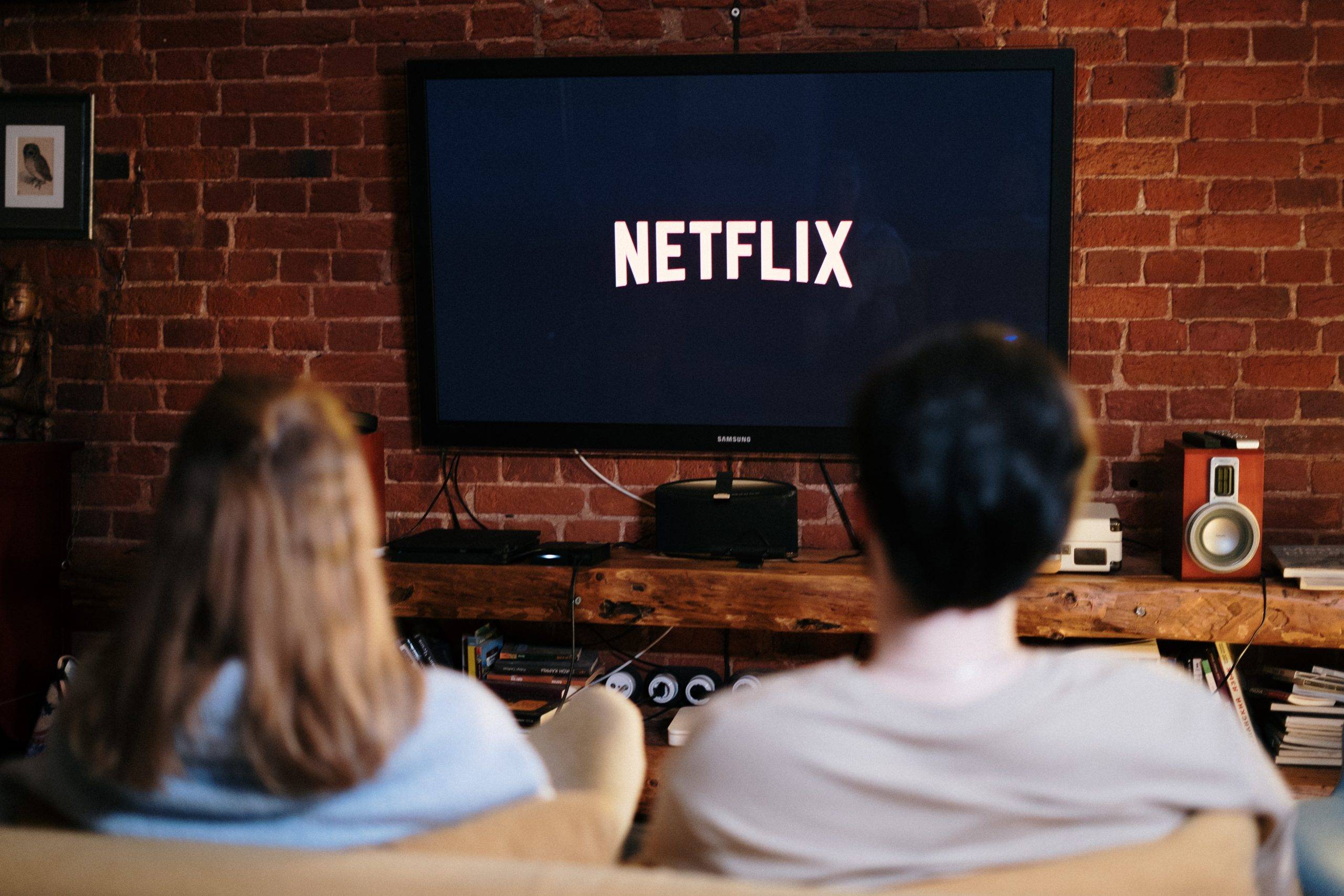I open my laptop and the familiar red, capital letters appear on my screen. I have every intention to try one of the movies or TV shows on my ‘watchlist’ that I have never seen before. But, once my homepage appears, staring me in the face is the ‘watch again’ section. ‘Modern Family’, ‘The US Office’ and ‘Friends’, all of which I have watched all the way through at least 5 times, seem so much more appealing than every other option.
Many of the ‘Gen-Z’ members can relate to this, and it got me thinking, why do we feel drawn to shows we already know? Does the theory that it is linked with depression and anxiety have some scientific evidence? Or is it just the ‘comfort food’ of TV?
Media Psychologist Pamela Rutledge claims that rewatching a movie or TV show that you know you enjoy can simply be a way of regulating your emotions, especially when you feel like you are lacking control in other aspects of your life. She says that it becomes therapeutic and creates a sense of safety and comfort. She does mention that it can be helpful (as a comfort device) when you’re feeling down or particularly stressed and anxious, but she does not suggest that if you rewatch shows you have depression and/or anxiety. Other scientists argue a similar theory, that simply repetition breeds affection (so rewatching shows is a way of controlling your emotions) – the ‘mere exposure effect’. Familiar things are easier to process, and are therefore more comforting. So, in fact the commonly believed theory that rewatching shows is a sign of mental health issues doesn’t actually have much truth behind it at all.
Could TV shows actually be ingrained in (and be important to) our routines? I could probably quote ‘Love Actually’ all the way through. I’ve seen it thousands of times, yet I continue to watch it every year around Christmas time, and I am not alone in doing this. This is a symbolic ritual – just like putting on the same show every night before you go to bed can actually become a part of your routine. Just like a child wanting to hear the same bedtime story every night before they go to bed, this becomes part of a comforting routine that can actually help you go to sleep.
Another theory is that knowing what is going to happen next comes with a kind of power, which (apparently) can make you feel as though the characters are listening to your commands. Author of ‘On Repeat’, Elizabeth Margulis, labels this as ‘conjuring power’, suggesting that even though it is only in our heads, it brings immense satisfaction that only exists due to repetitive viewing. I am not so convinced on this theory, but who knows? Our minds do weird and wonderful things all the time without us even realising.
Professor Sheena Iyengar at Columbia University suggests another reason for the act of rewatching the same show over and over again on Netflix. She conducted a study that proves having too many options to choose from often leads to us feeling dissatisfied once we do decide, because we’re inclined to think that the other options could have been better. This means some Netflix users may actually blame the streaming service for giving us too much to choose from, psychologically forcing us to rewatch the same shows. So do we all just watch what we know because we simply cannot make a decision? I can’t disagree with that theory; I know that could definitely be a key factor when I click the watch again button.
So there we have it. I cannot find any scientific evidence that watching the same movies and TV shows over and over is linked to any mental health issues, and actually, what I have found is that we need to change the negative connotations associated with it. We often call this binge watching – which is often likened to negative actions such as ‘binge-drinking’ for example, but actually, rewatching TV shows can be an effective and important part of self-care. At the end of the day we should all do what makes us happy.

